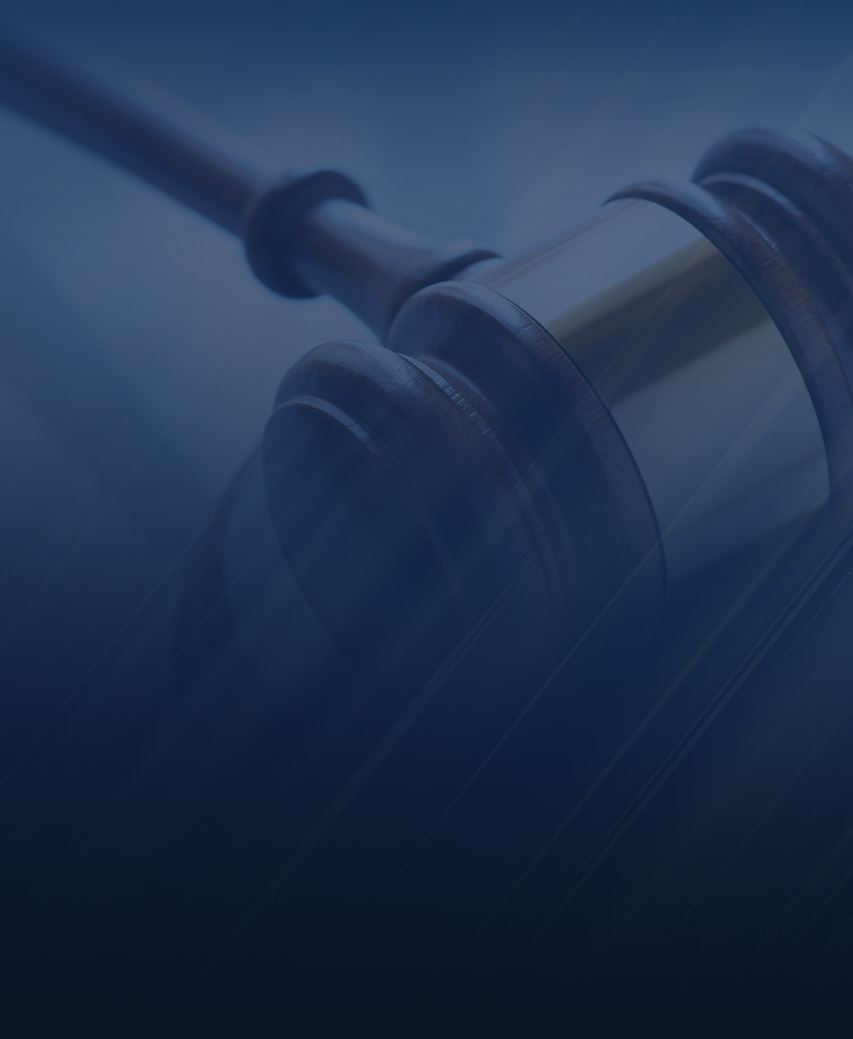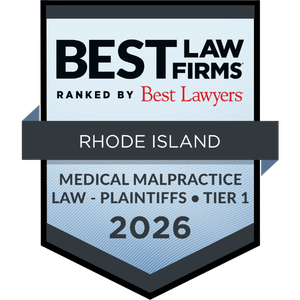
Over $1 Billion Won for Our clients
Helping Injured Victims Since 1975
Providence County Medication Error Lawyer
When you trust your doctor or pharmacist to prescribe or administer medication, you expect that it will help—not harm—you. Unfortunately, medication errors are a leading cause of preventable injuries and deaths in the United States. If a prescription mistake, dosage error, or pharmacy mix-up caused you or a loved one serious harm, you may have grounds for a medical malpractice claim.
At Decof, Mega & Quinn, P.C., our Providence County medication error lawyers represent victims of negligent healthcare providers, hospitals, and pharmacies throughout Rhode Island. We understand how devastating these mistakes can be, both physically and financially, and we are committed to helping you recover compensation for your medical bills, pain, suffering, and other damages.
Call (401) 200-4059 today to schedule a free initial consultation.
What is a Medication Error?
A medication error occurs when a healthcare professional makes a mistake in prescribing, dispensing, or administering a drug. These errors can happen at any point in the treatment process—from writing the initial prescription to filling it at a pharmacy or delivering it in a hospital setting.
According to the U.S. Food and Drug Administration (FDA), medication errors cause thousands of injuries and deaths each year. These mistakes often involve the wrong drug, incorrect dosage, or harmful drug interactions that could have been prevented with proper care.
In legal terms, if a medication error results from a healthcare provider’s negligence and causes harm, it can be grounds for a medical malpractice claim.
Common Types of Medication Errors
Medication errors can occur in many forms, and even a small mistake can lead to severe consequences. Some of the most common types include:
Prescription Errors
These occur when a doctor prescribes the wrong drug or incorrect dosage. Sometimes, poor handwriting or electronic input errors can lead to confusion between similarly named drugs.
Pharmacy Dispensing Errors
Pharmacists can make mistakes while filling prescriptions—such as giving the wrong medication, labeling it incorrectly, or failing to provide proper usage instructions.
Administration Errors
In hospitals or nursing homes, nurses or staff may administer the wrong medication or give it to the wrong patient. They may also fail to follow timing or dosage requirements.
Dosage Mistakes
Administering too much or too little of a drug can cause life-threatening complications, especially for potent medications like insulin, anticoagulants, or chemotherapy drugs.
Drug Interaction or Allergy Errors
If a doctor fails to check a patient’s medical history or current medications, they may prescribe something that interacts dangerously with another drug or triggers a severe allergic reaction.
Labeling and Packaging Errors
Manufacturers and pharmacies must ensure medications are clearly labeled and packaged. Mislabeling or look-alike packaging can lead to confusion and incorrect use.
Common Causes of Medication Errors
Medication errors can happen for a variety of reasons, often stemming from carelessness, miscommunication, or system failures. Common causes include:
Lack of Communication
When doctors, nurses, and pharmacists fail to properly communicate about a patient’s medications or medical history, critical information can be missed.
Negligent Recordkeeping
Incomplete or outdated medical records can lead to the wrong drug being prescribed or administered.
Fatigue and Staffing Shortages
Overworked healthcare providers are more prone to mistakes, especially in busy hospitals or long-term care facilities.
Failure to Monitor Patients
Once medication is given, healthcare professionals have a duty to monitor for adverse reactions. Failing to do so can delay necessary treatment and worsen the patient’s condition.
Inadequate Training or Supervision
Hospitals and medical institutions that fail to properly train or supervise their staff can be held liable if errors occur as a result.
Faulty Technology or Systems
Electronic prescribing systems are designed to prevent errors, but when they are poorly implemented or misused, they can cause confusion or incorrect prescriptions.
Who Can Be Held Liable for a Medication Error?
Depending on where and how the mistake occurred, multiple parties may share responsibility, including:
- Doctors and Physicians – for prescribing the wrong medication or dosage.
- Pharmacists and Pharmacies – for dispensing or labeling errors.
- Hospitals and Clinics – for failing to maintain proper safety procedures or staff oversight.
- Nurses or Medical Staff – for administering drugs incorrectly.
- Drug Manufacturers – for defective labeling, packaging, or design.
At Decof, Mega & Quinn, P.C., our Providence County medication error lawyers will thoroughly investigate your case to identify all liable parties and hold them accountable.
Compensation Available in a Medication Error Claim
If you’ve been harmed by a medication error, you may be entitled to compensation for:
- Medical expenses (current and future)
- Lost wages or loss of earning capacity
- Pain and suffering
- Emotional distress
- Long-term rehabilitation or care
- Wrongful death damages (for families who have lost a loved one)
Our legal team will work closely with medical experts to prove how the medication error occurred, how it could have been prevented, and how it has impacted your life.
Medication Error Claim FAQs
How do I know if I have a valid medication error claim?
If you were harmed because a healthcare provider or pharmacist made a mistake with your medication—such as giving you the wrong drug, wrong dose, or failing to check for allergies—you may have a valid claim. A Providence County medication error attorney can review your case for free and determine your options.
How long do I have to file a claim in Rhode Island?
Under Rhode Island law, medical malpractice claims generally must be filed within three years from the date the injury was discovered or reasonably should have been discovered. However, exceptions may apply, so it’s best to consult an attorney as soon as possible.
What evidence is needed to prove a medication error case?
Evidence may include prescription records, pharmacy logs, medical reports, hospital documentation, and expert testimony showing how the standard of care was breached.
What if the error happened in a hospital or nursing home?
Hospitals and care facilities can be held liable for the negligent actions of their staff, especially if systemic issues like poor training or understaffing contributed to the mistake.
Do I need a lawyer for a medication error claim?
Yes. These cases are complex and often require medical expert testimony. A skilled attorney can handle investigations, gather evidence, and negotiate fair compensation on your behalf.
Speak with a Providence County Medication Error Lawyer Today
If you or a loved one suffered harm due to a medication mistake, don’t wait to seek legal help. The compassionate and skilled attorneys at Decof, Mega & Quinn, P.C. are here to fight for the justice and compensation you deserve.
Contact Decof, Mega & Quinn, P.C. for a free, confidential consultation today.

-
$62 Million Medical Malpractice
-
$46.4 Million Personal Injury
-
$32 Million Premises Liability









.2408191350077.png)







